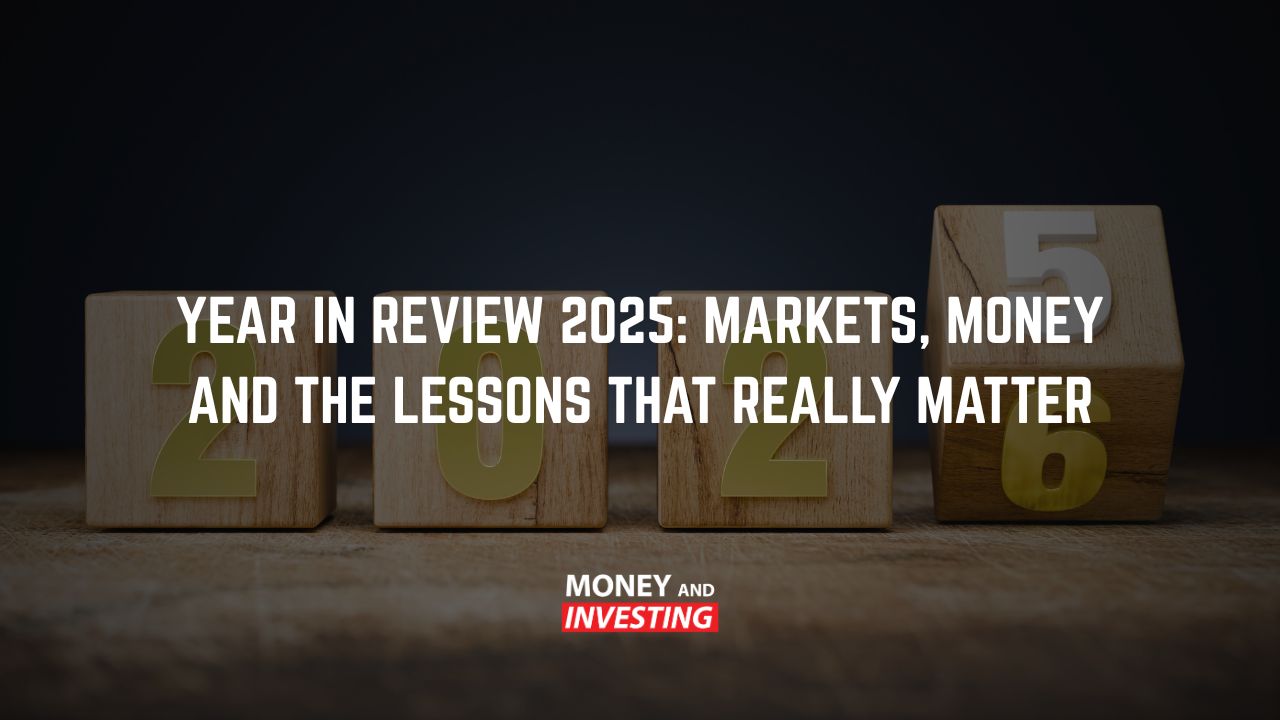Your 30s mark a new chapter in life. You’re probably more established in your career earning a higher salary, forging stronger relationships, and making substantial financial commitments. At the same time, new challenges come along which could derail long-term progress if not managed correctly.
Outlined below are the 5 financial traps to avoid in your 30s.
1. Lifestyle Inflation
With an increase in income comes the habit of upgrading various aspects of life, be it, eating out frequently, purchasing high-end cars, along with a plethora of other preferred spending types.
While rewarding oneself is essential, uncontrolled spending with increased income results in stagnation of financial well being. It is crucial to grasp the notion that spending more does not directly translate to a better quality of life.
A more efficient approach eliminates upgrading your lifestyle to match income – instead, sustain your existing lifestyle and invest the additional income. For those wanting to spend, ensure that purchases are only made when passive investments support those expenses.
2. Ignoring Superannuation
In the hustle and bustle of your 30s, preparing for retirement often seems far off, leading superannuation to take a back seat. However, neglecting it now often results in lost long-term growth opportunities.
Adding to your super early is one of the easiest methods of building wealth. Small contributions now are likely to grow significantly into the future due to the effects of compound interest and tax benefits.
Retirement is not just about stopping work or sitting idle. It is about gaining the ability to utilize your time as you wish, including traveling or spending time with loved ones. Regular contributions to your super help you achieve that point faster.
3. Racking Up Bad Debt
The rising income encourages the purchase of credit cards or items which are beyond one’s means, personal loans, and lavish spending. However, this spending only adds more restriction to your cash flow while simultaneously reducing your ability to save and invest.
When it comes to overspending, hitting pause and utilizing the returns from your investments as a guide to lifestyle spending can help curb lifestyle inflation. Do not spend if there’s no investment income. This provides a cushion against overspending while helping achieve long-term goals.
Poor spending decisions can directly impact your financial well-being. Having financial security stems from accumulating assets like property, and not chasing after costly things that depreciate in value.
4. Putting off Investing
The waiting game is always the hardest. Most people today intend to start investing “when the time is right,” yet the reality is that the earlier investing begins, the more returns there will be. This is only if the investment has time.
A set amount— no matter how small, invested regularly over time into an index or ETF will surely grow. Time is the biggest ally an investor can have and it is especially essential when it cannot be regained.
Investing requires neither perfect timing nor large sums of cash. No matter how tiny a sum may be, even a small automated monthly contribution will yield fantastic returns in the future.
5. Succumbing to Social Pressure
In your 30s it can turn into a piece of cake to gauge your standing in public. A good percentage of your social circle is bound to showcase possess intangible assets like houses, international trips, or flaunt pricier goods.
Social media, however, doesn’t tell you the whole story. Often, these accounts are masked behind a mountain of debt, financial obligations, and enormous amounts of stress. The curated timelines we see on Instagram and Facebook do not represent reality.
Instead of calibrating your achievement against others, center them on yourself. It is also beneficial to solicit a financial mentor who can provide honest and unbiased perspectives and advice that aren’t clouded by societal views and mockery.
Your long-term sustainability will always come from making choices in the standing your long term interests instead of decisions that yield short term gratification. It doesn’t get more acute than this phrase when it comes to understanding financial discipline.
Final Thought
While your 30s is probably a period for deep focus on career progression, it can also help you lay a solid financial foundation to build decades of growth and freedom. A head start of smart habits can yield rewards for years to come.
A more secure future will always be in reach as long as you maintain self-control while spending, making contributions towards your super, avoiding bad debts, investing early and focusing on personal benchmarks rather than others’ milestones.
To take control of your finances and learn how to grow your wealth with practical strategies, visit www.wealthplaybook.com.au. You will find access to tools and tips that help everyday Australians create tomorrow’s wealth today.



